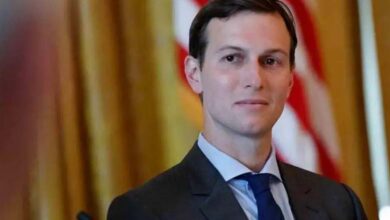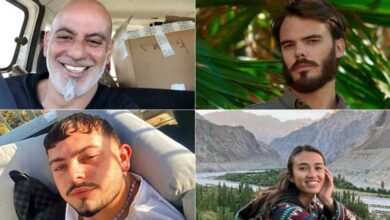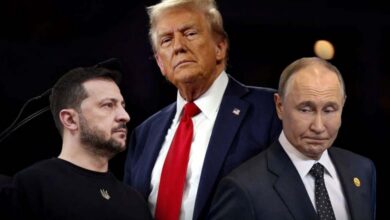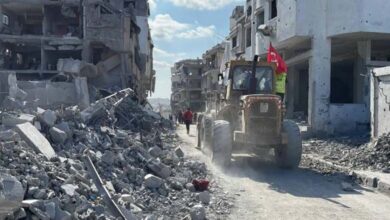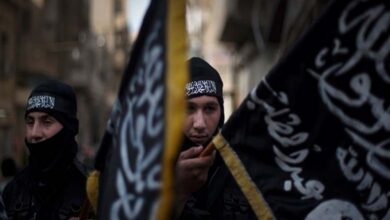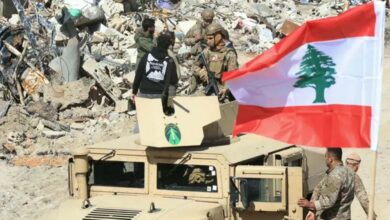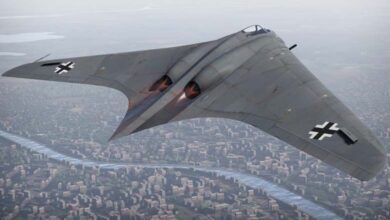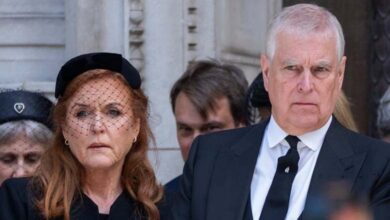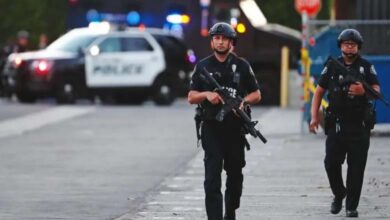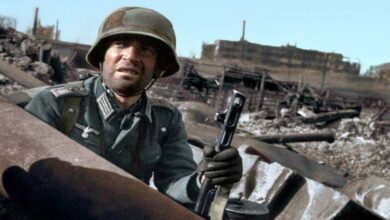Morocco Affirms Its Role as a Neutral Mediator in Sub-Saharan African Crises
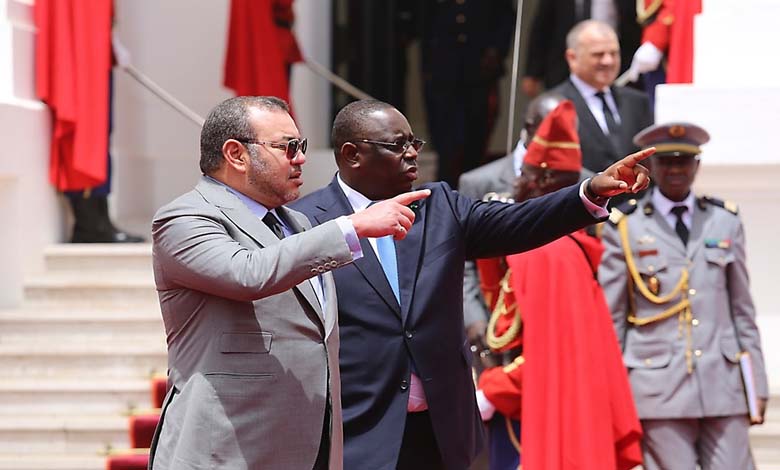
Morocco is increasingly consolidating its position as a credible and impartial diplomatic force in sub-Saharan Africa, according to African experts.
These experts believe that the Kingdom is quietly establishing itself as an emerging diplomatic power in the region, relying on discreet mediation tools and a high level of credibility. Its latest success was facilitating the release of five Ivorian gendarmes who had been detained by Burkina Faso’s defense forces near the border—an achievement made possible thanks to Moroccan intervention.
-
Morocco Leads in Governance and Economic Transformation Among North African Countries
-
The ‘African Lion’ in Morocco: Training against weapons of mass destruction
The Ivorian gendarmes were arrested on June 21 by the “Volunteers for the Defense of the Homeland” (VDP), a civilian auxiliary force of the Burkinabè army, in the Kalamon area near the northeastern Ivorian border. They were transferred to the town of Batié in Burkina Faso and returned to Abidjan on June 28 following a coordinated security effort between Ivorian and Moroccan authorities—praised by observers as a “quiet and effective” Moroccan diplomatic initiative.
Dr. Mamadou Sano, a Burkinabè researcher at the Center for Security Studies in Ouagadougou, siad: “Morocco has shown a deep understanding of regional dynamics and adopted a mediation approach rooted in direct security cooperation and mutual trust, rather than public exposure. This enabled it to play a decisive role in this sensitive matter.”
-
Morocco’s Atlantic Project: A Lifeline from Crisis for Sahel Countries
-
Algerian move to disrupt the Morocco-Mauritania rapprochement
Strategic Partnership
Dr. Sano added that “the strength of Moroccan diplomacy lies in its ability to avoid escalation and operate away from media spectacle. This grants it special credibility with disputing parties, especially in regions where tribal, security, and sovereignty issues intersect, such as the Ivorian-Burkinabè border.”
He noted that “Morocco approaches sub-Saharan Africa through a lens of strategic partnership, making it a welcomed party in bilateral disputes and a desirable mediator in complex cases where other regional actors often refrain due to political sensitivity.”
-
The Nation’s Flag Above All Others: No Alliance With Those Who Threaten Morocco’s Unity
-
Morocco Establishes Company to Accelerate Localization of Defense Industries
“In the case of the Ivorian gendarmes, Rabat emerged as a trustworthy player, building effective communication bridges between Abidjan and Ouagadougou. This reflects a new model of African diplomacy, based on sovereignty, discretion, and tangible results—far from political noise,” he continued.
Dr. Aliou Kouamé, a political science professor at the University of Bouaké in Côte d’Ivoire, said that “this Moroccan initiative signals an evolution in Rabat’s approach, now leveraging indirect influence through soft-security and diplomatic tools. Rather than escalating, Morocco positioned itself as a reliable mediator between the two sides—something urgently needed in sub-Saharan conflicts.”
-
Gold and Drones: Alternative Funding and New Maps of Terrorist Threats in the African Sahel
-
Ghana Supports Morocco’s Proposal on the Sahara
Kouamé explained that “Rabat has managed to align its pro-stability political discourse with practical implementation tools, relying on a vast network of security partnerships and shared interests, especially with West African countries facing growing threats from terrorism and border unrest.”
He emphasized that “Morocco does not act as an external power with a political agenda but as an African actor engaged in the region’s concerns, offering practical solutions that respect sovereignty and internal balances—earning it recognition in both Abidjan and Ouagadougou.”
-
Morocco Strengthens Its Presence in Africa: Growing Military Cooperation with Ethiopia
-
AFRICOM Commander Highlights Morocco’s Key Role in Ensuring Security in Africa
Solutions from Within
The Ivorian researcher stressed that “this mediation represents a model for what South-South relations in Africa can be: solutions built internally by actors familiar with the terrain, who hold the keys to de-escalation and have the skills to communicate with all parties.”
For his part, Malian researcher Ibrahim Sissoko, from the University of Bamako, praised Morocco’s ability to offer an alternative to traditional diplomacy. “We live in a region plagued by tensions and coups, where international players typically intervene from positions of power or self-interest. Morocco, however, promotes a model of alliance based on diplomatic cooperation rather than military force,” he said.
-
Morocco Strengthens Its Presence in Africa with Military Cooperation Agreements
-
Morocco and the Gulf States Work to Strengthen Strategic Partnership
He pointed out that “Morocco’s role here was one of neutral and fair mediation, granting it broad credibility in the region—especially when such mediation is paired with concrete actions, as was the case with the Ivorian gendarmes’ release.”
Sissoko added: “This is not the first time Morocco has played this role. It has previously supported peace talks in Libya and Mali, and it is now establishing itself as a trusted diplomatic bridge in West Africa.”
-
A U.S. report highlights close military cooperation with Morocco
-
The Royal Momentum of the King of Morocco Leads to a New Achievement: Ghana Freezes its Recognition of the Polisario
It is worth noting that Morocco’s relations with many sub-Saharan African countries have significantly strengthened over the past decade through religious and economic cooperation, humanitarian missions, imam training, and security partnerships. This comprehensive approach enhances Morocco’s image as a regional actor capable of combining political presence with conflict resolution capacity.


